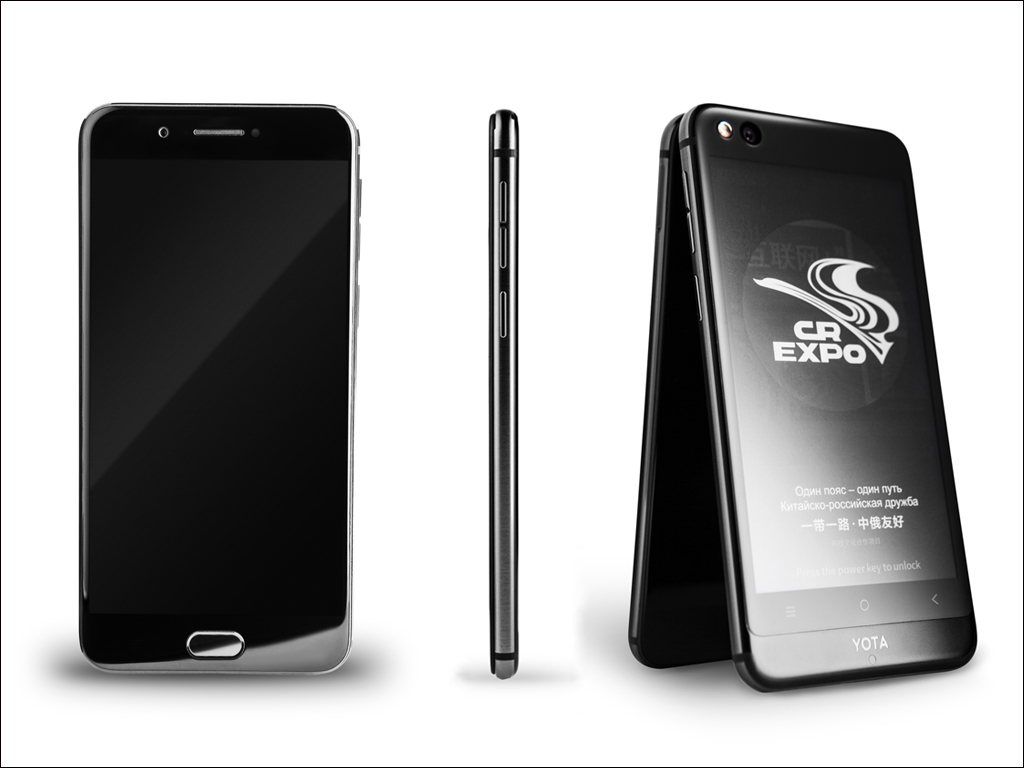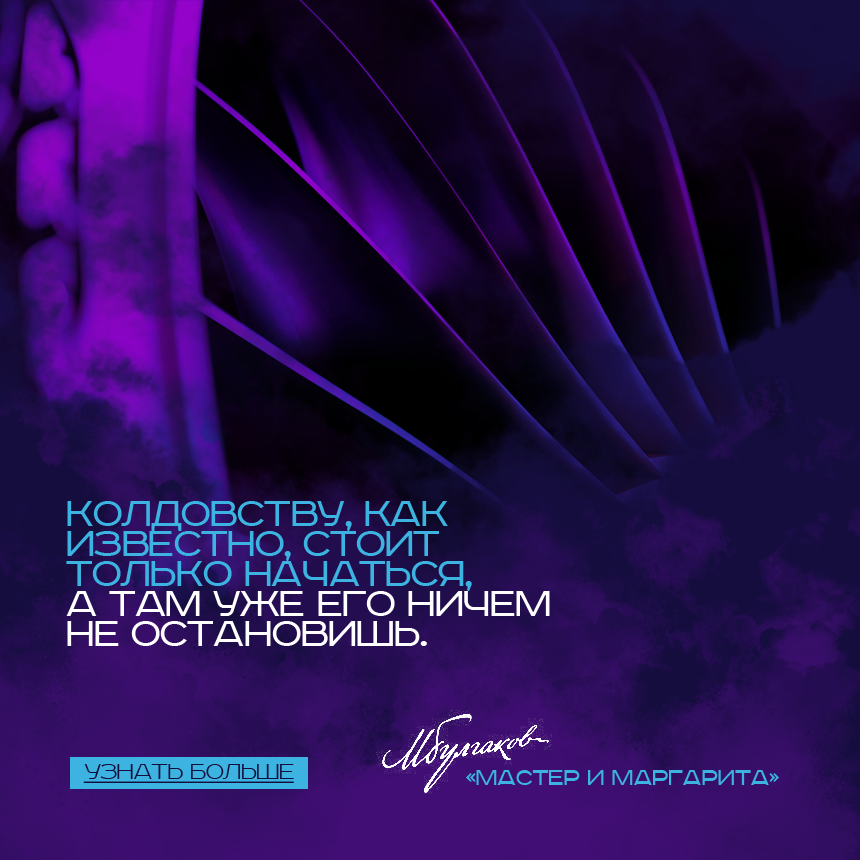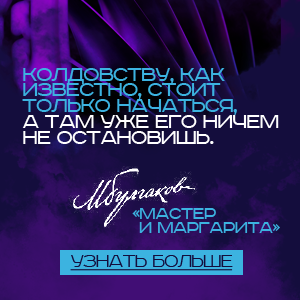
August 23, 2017,
Beijing
The first official presentation of the third generation of dual-screen smartphone developed by Yota Devices took place on August 23rd at the Russian embassy in Beijing. Russian Ambassador H.E. Dr. Andrey Denisov, representatives of Rostec Yuri Tupenko, representatives of China Baoli Mabel Chu, CEO of Baoli Yota Frank Zhang, Yota Devices CEO Vasiliy Potapov, and Yota Devices strategic partners participated in the launching ceremony of the new generation of dual-screen reading phone.
The development of smartphone took Chinese and Russian teams around 10 months. More than 100 engineers from Yota Devices have been involved in the project.
The new phone will be offered in 64GB and 128GB standard and premium modifications.
Compared with the previous generation, it has more up-to-date Android 7 (Nougat) OS, two SIM cards, 5.5" Samsung Super AMOLED front screen and a 5.2” rear E-ink screen. RAM has been doubled to 4 GB, and the battery capacity has been increased to 3.300 mAh.
The smartphone is equipped with two high-pixel cameras and it received new touchscreen sensor system: the rear side of the phone will be equipped with an additional sensor, which helps to determine more precisely which screen is used. For simpler identification and improved security, there is a fingerprint sensor on the front.
Smartphone commercial sales begin first in China, then the smartphone will be launched in other countries, including Russia. In Asia, the new phone is branded and marketed as YOTA3 while in Russia and other markets it will be known as YotaPhone 3.
The new version of the phone has been designed for young consumers who are avid readers. Several applications for e-book reading are preinstalled in YOTA3 together with a carefully selected library of classics and modern fiction, the size of which varies in different phone configurations. YOTA3, for this purpose, has entered into several strategic agreements with the most popular applications for online e-book reading in China:
• China Reading (Chinese leading digital reading platform, literary IP fostering platform, domestic digital reading and top IP leader)
• iReader (the most professional and most authoritative digital library)
• Lebook (JD reading application focusing on mobile reading)
• Migu (biggest domestic pocket digital reading platform)
Those as well as agreements with JD and Aisidi - leading players in on-line and off-line mobile devices distribution – were signed at the conference. Smartphone commercial sales begin in September 2017 in China: Pre-orders for the premium version of YOTA3 starts on the September 5th on JD.com, and on the September 18th, all three smartphone configurations will already become available here. Then offline sales of the YOTA3 starts.
The CEO of Baoli Yota Mr. Frank Zhang noted that YOTA3 has set its sales target at one million, aiming to build its presence in the global market with the Chinese market as basis. "China is the biggest smartphone market in the world, and we are sure that the launch of sales in China is a start for successful global expansion of the YotaPhone brand. We are satisfied with the released product and believe it its potential on the international market. I congratulate everyone involved with the completion of the first stage of the product launch. We expect that the company will be able to sell more than 1 mln devices during the first year, and this estimation does not consider other markets including Russia, where the start of the phone sales is scheduled for the end of 2017", he said.
The Russian Ambassador H.E. Dr. Andrey Denisov mentioned: «At the APEC summit in 2014 President Putin presented the YotaPhone to President Xi Jinping as a symbol of friendship and cooperation between our countries. We are delighted that this project, which was supported by our leaders, is continued and now the new generation of the phone developed under the joint efforts symbolizes joint work, friendship and development».
«As one of Yota Devices' shareholders, Rostec took active part in the development of the new smartphone. One of the strategic goals is to increase the share of civilian products in our portfolio by 2025. The launch of YOTA3 is an evident case of cooperation between Russian and Chinese businesses", said Victor Kladov, Director for International Cooperation and Regional Policy of Rostec.
The new phone pics are available here: https://cloud.mail.ru/public/6TML/NbBvzDtDk
The YotaPhone dual-screen smartphone, one of which works using the e-ink technology and is always on developed in Russian by the company Yota Devices. The first generation smartphones were released in 2013.
The Chinese group China Baoli Technologies Holdings Limited became the Yota Devices shareholder in 2016 through purchasing 30% of the company stock. 34.9% of the company stock is owned by the Telconet foundation Sergey Adoniev and Albert Avdolyan (the asset management is carried out by Marsfield) Rostec owns 25.1% of the stock, other 10% of Yota Devices belong to former managers of the company.
Rostec State Corporation is a Russian corporation that was established in 2007 to facilitate the development, production and export of high-tech industrial products designed for civilian and military applications. The Corporation comprises over 700 organizations that are currently part of 11 holding companies operating in the military-industrial complex and 3 holding companies working in civilian industry, as well as 80 directly managed organizations. Rostec's portfolio includes well-known brands such as AVTOVAZ, KAMAZ, Kalashnikov Concern, Russian Helicopters, VSMPO AVISMA, UralVagonZavod, etc. Rostec companies are located in 60 constituent entities of the Russian Federation and supply products to more than 70 countries. In 2016, the consolidated revenue of Rostec amounted to 1 trillion 266 billion rubles, while the consolidated net income and EBITDA amounted to 88 and 268 billion rubles respectively. In 2016, the average salary in the Corporation was 44,000 rubles. According to Rostec strategy, the main objective of the Corporation is to ensure that Russia has a technological advantage in highly competitive global markets. Rostec's key objectives include the introduction of a new techno-economic paradigm and the digitalization of the Russian economy.

